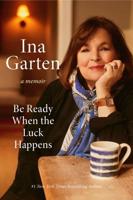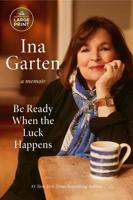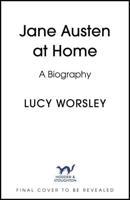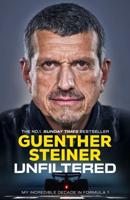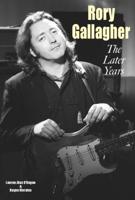Publisher's Synopsis
The author writes: "This is a memoir centering on an encounter which convinced me that "there are more things in heaven and earth, Horatio, than are dreamt of in your philosophy." I began setting all this down partly in order to hold onto the "signs" that I had seen, to give them consistency and context.
"But then the trail of "signs" led to an encounter with the Torah world, where the reality of "hashgachah pratit," or Divine supervision of the world, is elementary; and so the story became a conversion narrative, perhaps of an unusual sort-but every such narrative is unique, though I may have come with an unusual amount of baggage.
"Then there was the wish to leave a record of events to which I was witness, as the life-line on which these signs occurred zigzagged among various settings: The counterculture of the '60's. The movements of the '70's. Jerusalem in the '80's. The America of the '90's and the early years of the twenty-first century. Encounters with history as well as with traditions.
"Also, I wanted to place poetry-with which most of the "signs" are bound up-in an existential context, so as to remind people of why it is, after all, important.
"Poetry is experienced here from two perspectives-that of a reader, and that of a poet. As a "reader's confession," this narrative is, as far as I know, unique, though the situation has recently been hinted at in certain fictions (one early hearer free-associated to Pale Fire; there is also The Crying of Lot 49, which I have analyzed at length elsewhere; A.S. Byatt's Possession and Sylvia Brownrigg's The Metaphysical Touch seem to me to move uneasily around the subject). The reading experience led to the writing of poems which, whatever rank the literary world might assign them, were part of an attempt "to orient myself, to figure out where I was and where things were heading for me," as Celan once put it. My own poems have been part of my witnessing of events; they have been an aid to memory; they have been one means of holding fast the aforesaid elusive evidence that there is, as said, something more to the world than a reductionist science has been able to find out.
"The situation of poems in the context of production places this account in a class that, to my knowledge, has few members. I can only think of Dante's Vita Nuova, where the narrative is interspersed with poems inspired by the events; though surely others must have used this mixture of poetry and autobiographical narrative. The Vita Nuova is an enigmatical work, and scholars argue about the extent to which it is based on fact. I hope this report will be a little clearer. With due allowance for the well-known fictional powers of memory, I hereby depose and state on oath that except for changing some of the names, I have not knowingly invented any detail.
"And one last reason why this book wanted to be written: In Jerusalem I encountered the writings of a teacher known as the Mother (a student of Kabbalah who became associated with Aurobindo), who said that what is remembered after death is not one's whole life but those moments in which the soul has been especially manifest (or words to that effect). "Epiphanies," Joyce might have said, though most of his have a negative character. Without representing a dogma for me, this statement expresses the feeling that has guided the selection of events here: the wish to preserve (in this world) impressions that seemed luminous and worthy of being remembered.



